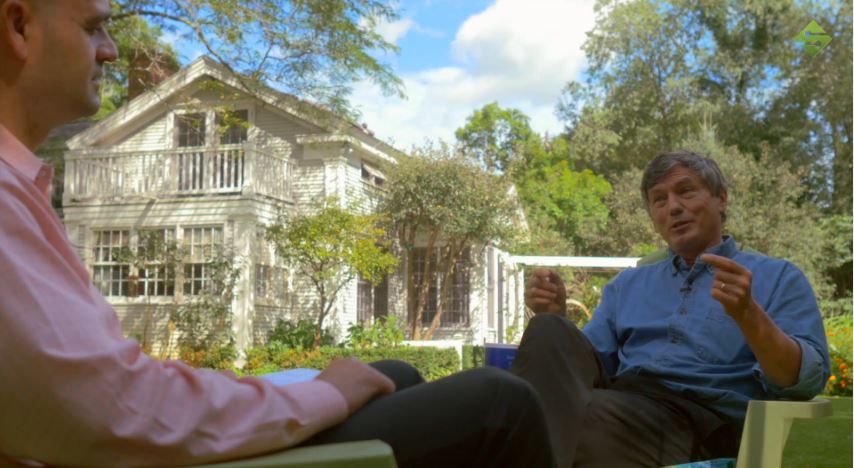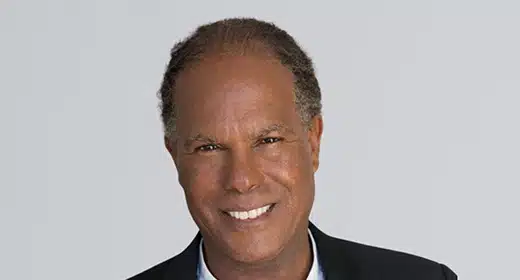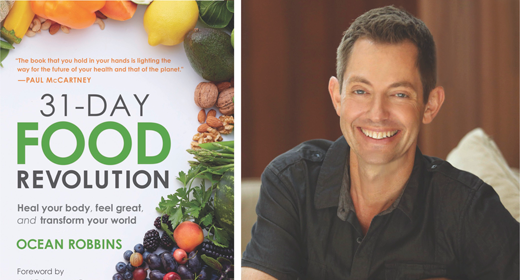by Socates: Dr. Michael Fossel is one of those few theoreticians who can see much of the big picture of aging…
While some use mostly guesswork, and others hope to improve on that with logic, Fossel never shies away from the clear verdict that only data can give. Add his overwhelming compassion as a human being and you will understand why he is a clinician who really cares. You will also get a pretty good idea of what kind of a person Michael is – both personally and professionally. And those are just some of the reasons why I enjoy having him back on my Singularity 1o1 podcast for an in-depth discussion of his latest book the Telomerase Revolution.
During our 83 min discussion with Dr. Fossel we cover a variety of interesting topics such as: what the Telomerase Revolution is all about; the difference between realist and optimist medicine; why books don’t cure diseases and why Fossel is more interested in curing rather than understanding aging; the telomere theory of aging; whether we can create a vaccine for old age; the difference between direct and indirect aging; why guesswork is useless, logic is better but data trumps everything; whether we can slow down and/or reverse aging; Liz Parrish’s telomere lengthening experiment; reaching Longevity Escape Velocity and why Aubrey de Grey may turn out to be conservative in his estimate; Fossel’s biotech startup company Telocyte…
Who is Michael Fossel?
 Author of The Telomerase Revolution and working to bring telomerase therapy to human trials, Michael Fossel, M.D., Ph.D. (born 1950, Greenwich, Connecticut) was a professor of clinical medicine at Michigan State University for almost 30 years and still teaches a course on the Biology of Aging as a university professor.
Author of The Telomerase Revolution and working to bring telomerase therapy to human trials, Michael Fossel, M.D., Ph.D. (born 1950, Greenwich, Connecticut) was a professor of clinical medicine at Michigan State University for almost 30 years and still teaches a course on the Biology of Aging as a university professor.
Founder and former editor-in-chief of Rejuvenation Research, he is best known for his views on telomerase therapy as a possible treatment for cellular senescence and human age-related disease. Dr. Fossel has appeared on many major news programs to discuss aging and regularly on National Public Radio (NPR). He is also a respected lecturer, author, and physician.
Prior to earning his M.D. at Stanford Medical School, Fossel earned a joint B.A. (cum laude) and M.A. in psychology at Wesleyan University and a Ph.D. in neurobiology at Stanford University. He is also a graduate of Phillips Exeter Academy. After graduating from medical school in 1981, he was awarded a National Science Foundation fellowship and taught at Stanford University Medical School.
Dr. Fossel has lectured at the National Institute for Health, the Smithsonian Institution, and at various other universities and institutes around the world. Fossel is a fellow of the American College of Emergency Physicians, a member of the American Association for the Advancement of Science, the Gerontological Society of America, the American Society on Aging, and the American Geriatrics Society, and served on the board of directors for the American Aging Association, as well as their executive director.
Fossel has written numerous articles on aging and ethics for the Journal of the American Medical Association and In Vivo, and he published a book titled Reversing Human Aging in 1996. The book garnered favorable reviews from mainstream newspapers as well as Scientific American and has since been published in six languages. His magisterial academic textbook Cells, Aging, and Human Disease was published in 2004 by Oxford University Press. His latest book, Electronic Health Records: Strategies for Long-Term Success was published in 2013 by Health Administration Press. His new book, tentatively titled Telomerase Therapy, is now in press and due for publication in 2015.
Since his days teaching at Stanford University, Fossel has studied aging from a medical and scientific perspective with a particular emphasis on premature aging syndromes such as progeria, and since at least 1996 he has been a strong and vocal advocate of experimenting with telomerase therapy as a way of treating diseases, disorders, and syndromes such as progeria, Alzheimer’s disease, atherosclerosis, osteoporosis, cancer, AIDS, and organ senescence (i.e., aging). However, he is careful to qualify his advocacy of telomerase therapy as being a potential treatment for these conditions rather than a “cure for old age” and a panacea for age-related medical conditions, albeit a potential treatment that could radically extend the maximum human life span and reverse the aging process in most people. Specifically, Fossel sees the potential of telomerase therapy as being a highly effective point of intervention in a wide variety of medical conditions.









































